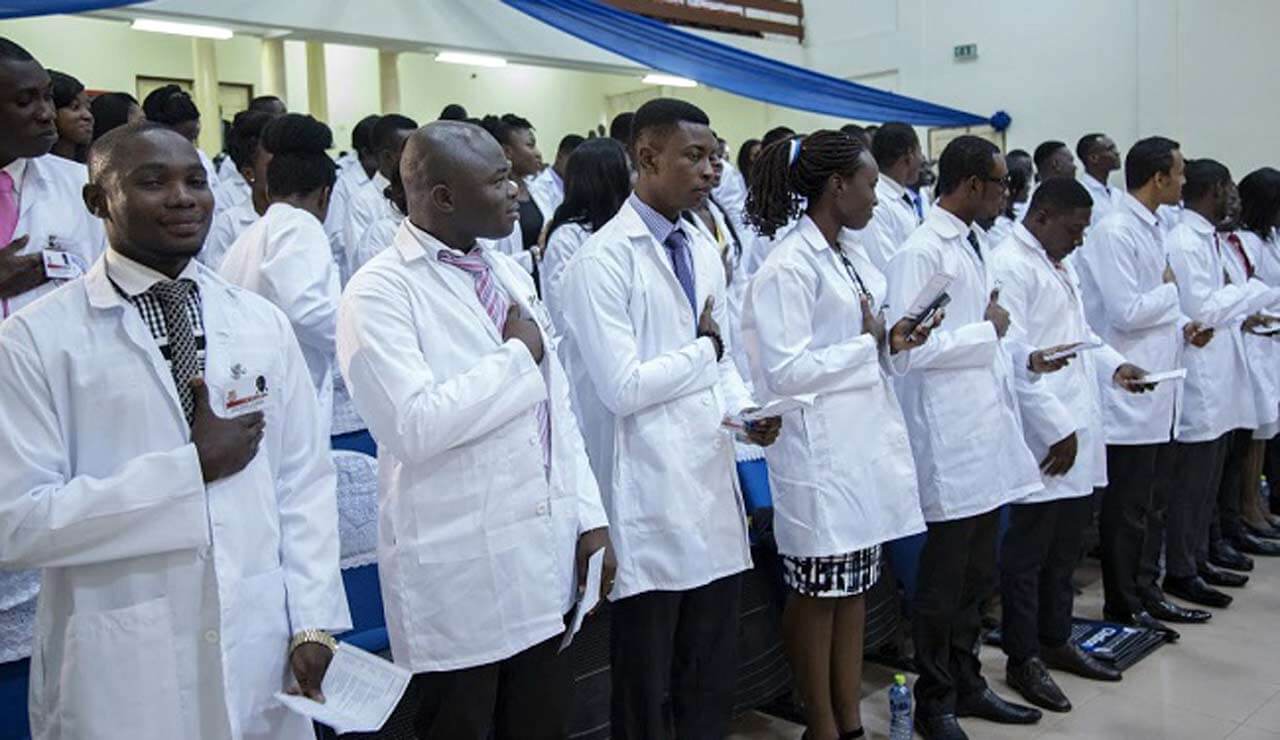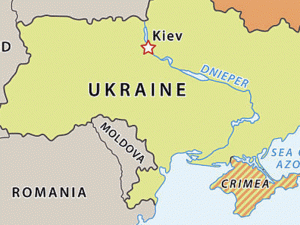The new health practitioners’ bill that aims to tackle brain drain by keeping Nigeria-trained doctors in the country for five years pre-licensing, is ridiculously shortsighted, wrongheaded, and should be trashed immediately. Clearly, the House of Representatives has misdiagnosed the existential crisis in the health sector, and prescribed a draconian quick-fix that has no place in the modern world of work. In place of a quack prescription that is equivalent to killing the patient just to cure the ailment, both the executive and National Assembly should explore the short and long-term remedies to fix the broken health system.
Tellingly, the health system in Nigeria is in dire straits over mass exodus of all categories of healthcare workers led by doctors and nurses. And for Reps member, Ganiyu Abiodun Johnson (Oshodi/Isolo Federal Constituency) to share in the public health emergency, and propose a legislative solution, is partly commendable. Indeed, never in the history of skilled workers’ migration, though a global phenomenon in the age of globalisation, has a country like ours been this unfortunate to continually lose our very best to more developed countries.
It is frightening to hear that about half of 104,327 practitioners on the Medical and Dental Council’s registry cannot be accounted for. In the basket of 47,498 ‘missing’ doctors belong those that have left the country for greener pastures in Europe, America, Asia, and even other African countries. Their exits are felt the hardest in those public hospitals where hordes of patients daily face gross shortage of active practitioners. Sad to add that some patients would have been dead before their next appointment dates!
Johnson apparently acknowledged this perennial crisis to have proposed the bill, entitled: “A Bill for an Act to amend the Medical and Dental Practitioners Act, Cap M379, Laws of the Federation of Nigeria, 2004.” The bill mandates any Nigerian-trained medical and dental practitioners to practise in Nigeria for a minimum of five years before being granted a full licence by the Council in order to make quality health services available to Nigeria. Johnson said the bill aims to “make quality health services available to Nigerians,” adding that it was only fair for medical doctors, who enjoyed taxpayer subsidies on their training, to give back to the society.
Prima facie, the lawmaker has apparently drawn from the student-loan and debt relief schemes in advanced countries, which enable employers to easily attract and retain talents. But as at the last check, Nigeria does not have such a talent-enabling system, and her comparatively affordable medical training institution should not be mistaken for an education-bond system.
The Reps member is right that Nigerians deserve quality health services, and well-primed practitioners. What he, however, left out is the fact that health practitioners are not unwilling to work in Nigeria, but for the atrocious poor working conditions that are routinely their lot. These manifest as: broken health system, lack of good opportunities and basic tools, high cost of living, excess taxes and deductions from salary, poor remuneration, general insecurity, personal well-being and future of children, and more. And as some colleagues of Johnson, and medical associations have rightly countered, to shoehorn health practitioners in this quagmire amounts to enslavement.
The 1999 Constitution, as amended, guarantees the right to freedom of movement. How could the drafters of that bill and the House of Representatives have forgotten that section 41(1) provides that “…no citizen of Nigeria shall be expelled from Nigeria or refused entry thereto or exit therefrom”? Interestingly, globalisation has also ensured that talents, essential professionals, and critical skill-sets, naturally flow from where they are undervalued, stressed, and unappreciated, to where they are regaled and courted with princely rewards. Global labour arbitrage forbids any country to forcefully keep its workforce by fiat, rather than by competitive work conditions. The World Health Organisation (WHO), in its recent review of its Health Workforce Support and Safeguard list, partly acknowledged that. By now adding Nigeria to the red list countries for active recruitment of workforce globally, it means that agencies are now forbidden to conduct mass recruitment in-country, though it does not stop individual professionals that are discontented to relocate to any country of choice.
Clearly, the new bill is shortsighted, and it mirrors the poor quality of representatives in the National Assembly, and public offices generally. How in the world will a modern country unleash doctors that are not licensed on its masses? And after their five years of enslavement and licensing allow them to ship out to greener pastures that they crave for in their own country? Again, why are the doctors targeted and ambushed under the new bill, when the same brain drain cuts across nurses, lab scientists, teachers, engineers, I.T. experts, and so on? Such tokenism and tardiness thereby exhibited by Johnson and co. in the serious business of lawmaking is uncomplimentary of a clearheaded legislature. Therefore, the idea of mandatory five-year pre-licensing conditions for qualified health professionals, without intentional efforts to improve the broken system, is obnoxious and ill-conceived. The bill, which has passed second reading at the Speaker Femi Gbajabiamila-led House, should in the interest of public good not see light of the day.

Should the National Assembly be proactive and forthright, this is the time to demand a better deal for the health system generally. Can the lawmakers eschew self-centredness for public interest, to consider a bill mandating public office holders and their families to receive medical care in local hospitals? After all, evidence has shown that it is most difficult to get the executive to fix the health system that they are not familiar with, given the abused privileges of seeking care in Europe or America. An example of that is President Muhammadu Buhari. As of November 2022, Buhari has spent 237 days within seven years, religiously taking care of himself in London, and at public expense. Mr. President is not known to have visited any Nigerian hospital. The health facility in the Aso Rock has raked in billions of naira from appropriation law without anything to show for it. An absconding President, who is only motivated by his personal comfort, is selfish. Such characters should be undeserving of service-oriented public offices in a modern democracy.
As Nigeria awaits the next administration to do things differently from the current realities, it is imperative that Nigeria urgently considers a health reform. The exodus of Nigerian health professionals overseas reiterates the point that there is nothing wrong with our medical personnel and their training institutions, and partly a good advertisement for the image of the country. But everything is wrong with the toxic system where they operate and want to elope in droves. A better strategy out of the woods is to rally stakeholders at various levels of governance to the realities of the moment.
Handlers should be clearheaded and consensual over the roadmap of health system development, with deliverables broken into short, medium and long term plans. The goal is to create an enabling environment both for users and the providers. It must be such that places premium on human life, equality of access, and reward hard work of caregivers. Health insurance coverage and welfare perks should be most valuable at this time, to ensure a functional and sustainable health system across the country.
Finally, those at the helm of affairs must remember that a nation that cannot keep its best will not develop. But the solution is not a lazy thought-process in legislative affairs or one that dangerously ambushes health professionals. Our leaders have a responsibility to the people and to themselves too, to give proper health reform a chance, at least, for enlightened self-interest. Indeed, if the healthcare system among others gets better, made effective and efficient, a lot of doctors, with or without UK visas, will stay back, and our world-famous practitioners will voluntarily return home.
( Source: The Guardian )
















